Remember that time when you were sitting around talking movies with a few friends, and then suddenly that movie comes into the dialogue? You know, that movie. It’s the movie that the rest of your cohorts begin to laud or defame as either a “cinematic milestone” or “hugely overrated,” while you sit there, clueless, and soak up their opinions because you’re supposed to have seen it. Well no worries, we’ve all got that movie, if not more, and what follows is a dedication to those movie buffs who are a bit too proud to admit that they’re not as up on the coveted classic film canon as most would expect. On the other hand, you could just be one of many average film goers who couldn’t care less what movie snobs said if you hadn’t seen a film, and that’s just peachy too.
In no particular order:

Citizen Kane (1941): First off, I’ll admit that this film’s presence on this list is entirely dependent on the kind of film goer you are. One might not lie about having seen this film if attending (or having attended) film school, or any film class for that matter, simply because there’s an extremely high probability that they’ll wind up seeing it in that environment at some point or another. However, given the film’s legendary status among most other movie buffs, there also exists a rather high probability that anyone who hasn’t seen it wouldn’t like to admit otherwise.

Lawrence of Arabia (1962): There are cinephiles out there who consider this to be one of the “greatest films of all time,” and when a tag like that is placed upon any film, it becomes that much easier to simply take their word for it. It’s not exactly twisted logic. When enough people share a common positive or negative opinion on a film (particularly an old one), it’s just a lot more convenient for someone who hasn’t seen it to write it off as such, and let it get lost in the mix of their “movies to see” category. Also, like Kane, the aura of near-perfection that has surrounded this film certainly makes it taboo to have not seen it.
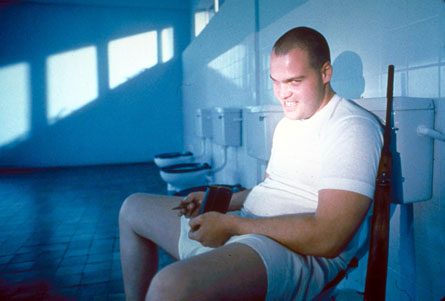
Full Metal Jacket (1987): With films from Orson Welles and David Lean on the list, it was only a matter of time before we came to Kubrick, and I tread over this film with a sort of “half in, half out” mentality. This is mainly due to the fact that, while the overall film is considered a war classic, it’s only the film’s first half that does such an assessment justice. R. Lee Ermey’s Gny. Sgt. Hartman is an oft quoted role that Ermey never really left behind, making the “boot camp” half of the film unmissable. However, while one may take the time to watch this half, the other half remains completely forgettable, and therefore often unreferenced and unwatched by many a film buff.
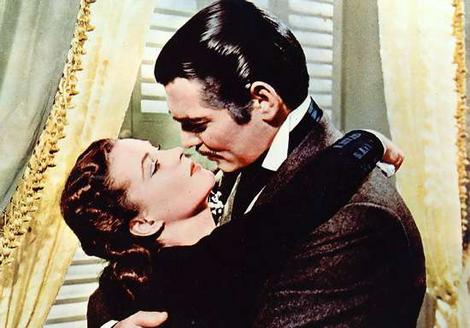
Gone with the Wind (1939): Yet another one of those “Best Films Ever Made” caliber movies. The same rules apply to this as did Kane and Lawrence. It’s also important to note that, to most of today’s viewers, films from Hollywood’s Golden Age carry with them an air of overblown melodrama (particularly the romantic affairs) that might lead one to skip a film like this and say it’s great because they’ve been told so.
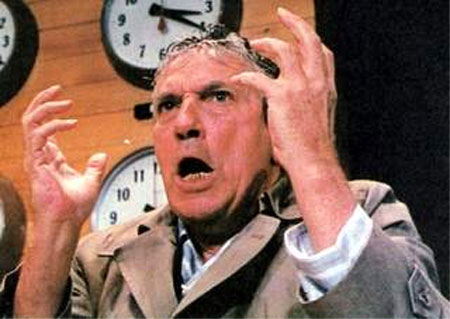
Network (1976): Peter Finch. Peter fucking Finch. With Sunday’s Oscar ceremony rearing its head, I’ve certainly heard his name being tossed about here and there, due to Heath Ledger’s posthumous nod. Finch is the only actor to win a posthumous award to date, and his famous “mad as hell” monologue is more than deserving. Having been released in a decade wrought with now classic films, Network can become lost amidst a list of equally great films, making it a hard one to catch for some viewers.
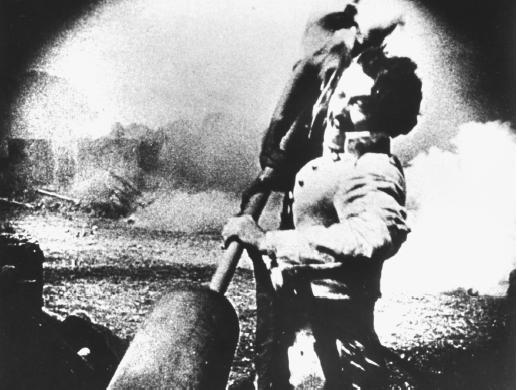
The Birth of a Nation (1915): Cinema going crazy-go-nuts for controversy was just as true in 1915 as it is now, with D.W. Griffiths’ Birth of a Nation being a keystone example. While I don’t condone age discrimination when it comes to movies, this one is fast approaching its centennial, naturally making it conflict with the short attention spans of the new millenium. Having only seen it because it was part of a film class curriculum, it strikes me as a film that most audiences in the modern age of Obama wouldn’t take their free time to watch. On the other hand, its value in the scope of film history makes it something most buffs would consider a must-see.
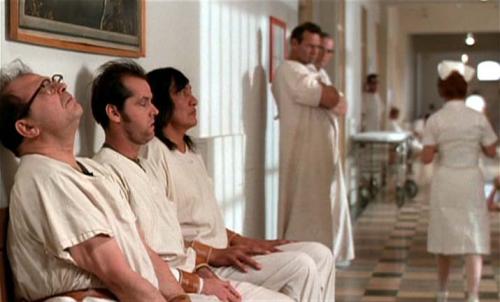
One Flew Over the Cuckoo’s Nest (1975): For a while, this was that film for me. I’d slip into conversations about Nicholson time and time again, only to fake my love for his performance as R.P. McMurphy, simply because I hadn’t gotten around to seeing just how awesome it actually is. Why did I not fess up? Mainly because, well, it’s Jack baby, and vintage Jack at that; I just didnt feel like putting up with people explaining that to me, over and over again. For me, this film fits the same bill as Network, as its place in time gives it a tendency to drown in a sea of other classics from the 1970s.
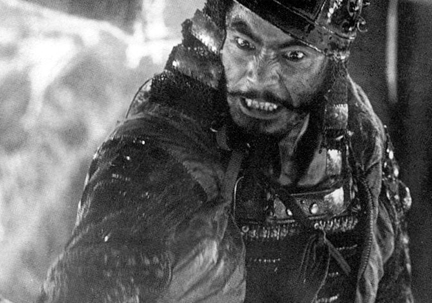
The Seven Samurai (1954): Why do cinephiles consider it a classic? Two words: Akira Kurosawa. Why wouldn’t a cinephile admit they haven’t yet? Two words: Akira Kurosawa.
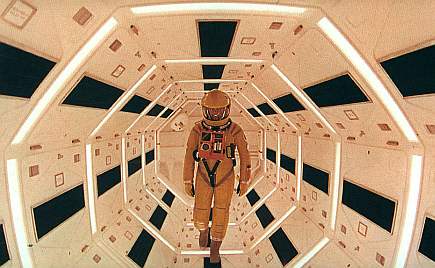
2001: A Space Odyssey (1968): Oh, Stanley. Most movie buffs always have, and always will get weak in the knees over all things Kubrick. Whether or not this praise is actually deserved is another topic for another day, but in any case Kubrick will find his way into any lengthy conversation on films, directors, cinematography — you name it. It’s because of this that his often considered “masterpiece,” 2001, is deemed sacrosanct by most buffs, making it a tad difficult for one to admit missing it without some degree of pretentious, movie geek backlash.
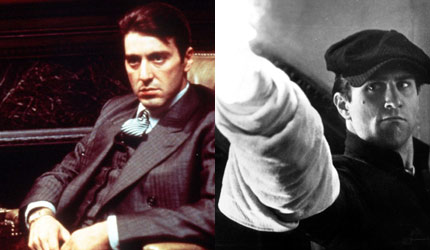
Any DeNiro/Pacino film (1970s- The early ’80s): Okay, so I’m definitely cheating with this one. Sue me. While most may have seen tons of films starring these two fellas, this item sits on the list because there are undoubtedly one or two films that get overlooked. However, most of Bobby and Al’s body of work from this time period is highly cherished in the wider scope of cinema, and consequently, some don’t really feel like explaining why we haven’t seen this or that performance. I’ll admit to having not seen films like Serpico in their entirety, and it even took me a couple times to get through Raging Bull (not because I didn’t enjoy it, mind you, I just kind of missed it for a time). Being the undisputed heavyweights of an era that is considered Hollywood’s second Golden Age, these two men made their performances hard to skip, and continue to remind us that there was a time before 88 Minutes and Righteous Kill.
So how about it, kids? What did I miss, and what are some of the films you’d previously fibbed about? Sound off.
– Conor O’Donnell

